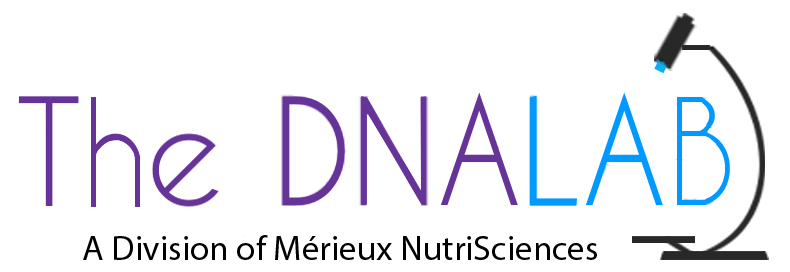One of the most common questions we are asked when someone wants a test is: “Are home DNA paternity tests accurate? Many people are concerned that they may not be as reliable as a test where samples are taken by a third party such as a doctor or an approved DNA collection site.
Differences among people, such as eye colour or hair colour, come from slight variations in our genetic code. As technology advances, it’s getting easier to unlock the secrets in our DNA to gain new insights into who we are and to apply that knowledge to dramatically change our lives and society.
This has led many to get personal reports on their own genetic code in exchange for payment and saliva samples. Excitement over these reports recently jumped after Oprah Winfrey recommended the DNA test.
But the applications of making DNA information more accessible stretch far beyond satisfying our curiosity about who we are and what our genes might say about us.
The availability of genetic data can potentially be tapped to treat medical conditions, leading to personalized health care and wellness regimens, with larger implications for personal, cultural, social and economic change. For example, companies such as Newtopia provide customers with weight-loss plans that are tailored to one’s own DNA.
As researchers trained in economics, we study the impact of how genetic and environmental factors influence the development of human capital measures such as education and health. As we learn more about our DNA, the possibilities that arise for policy and the economy as a whole are as numerous as our individual genomes are varied.
Environment also plays a role
However, genetic factors are only part of the story and other variables that are well-studied by social scientists —such as environment and lifestyle — also come into play. For example, an emerging body of evidence now indicates that genetic associations with obesity may vary due to different prevailing environmental factors like occupation and even urban design.
These differences in environments, lifestyles and genetic factors have important implications in areas ranging from health behaviours such as obesity and cigarette smoking to skill development and other socio-economic outcomes. Therefore the idea of a one-size-fits-all policy for any health, education or socioeconomic outcome is flawed.
Adopting one-size-fits-all policies assume that the same process can produce a health or socioeconomic outcome for all individuals. However, if and how substantial genetic variations change the way these outcomes develop, opportunities emerge to create more effective treatments and policies.
Within the health-care realm, understanding the genetic basis of specific medical conditions is valuable since it offers the potential to improve treatment decisions.
With this new knowledge, we could replace current health and medical practices and develop new ones to target personalized policies and treatments more efficiently for different individuals.
Heredity expands impact
The intersection of genetics and public policy stretches beyond the health-care sector. Heritability plays a role in nearly every socio-economic and education outcome. Heredity ensures policies that consider the role of genetics will have immediate and long-term implications.
The quality of evidence on the role of genetic factors on socioeconomic traits has increased sharply over the last decade.
With newer molecular DNA data available to empirical researchers, the flood of research findings linking specific genetic factors with individual health and socioeconomic outcomes will only continue to grow.
Yet it remains essential to ensure that these findings are interpreted correctly. Much of the evidence reflects only simple associations between individual genetic factors and socioeconomic outcomes — not causal relationships. And the impact of most genetic factors are often very small in magnitude.



